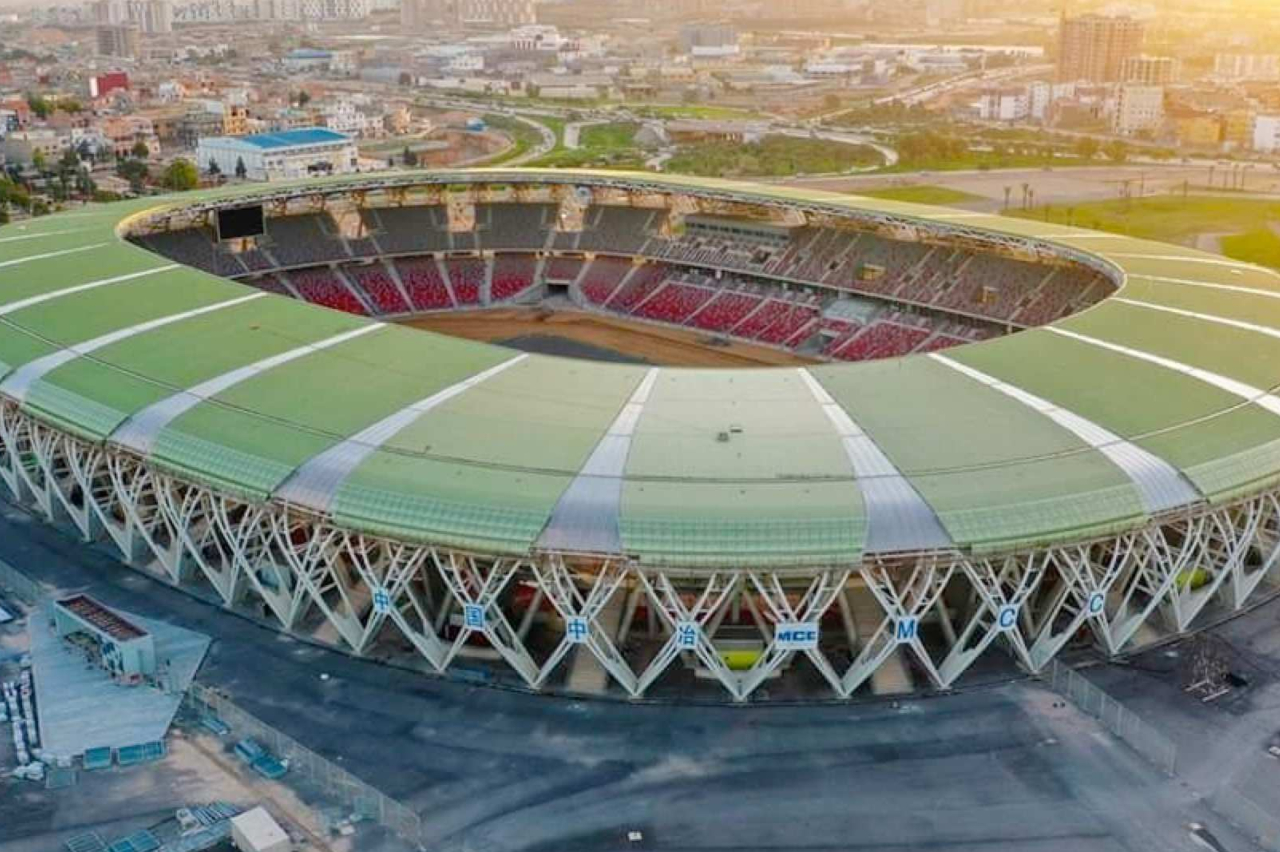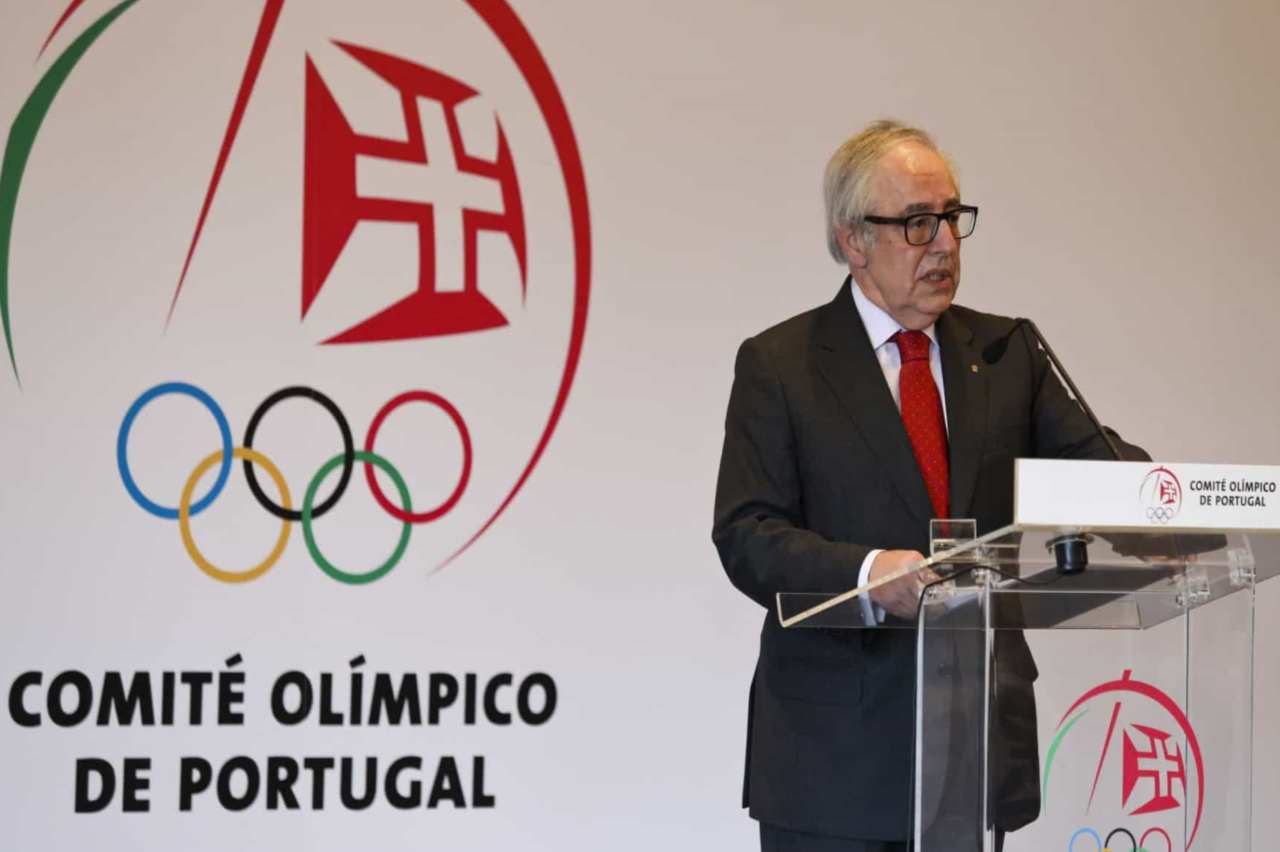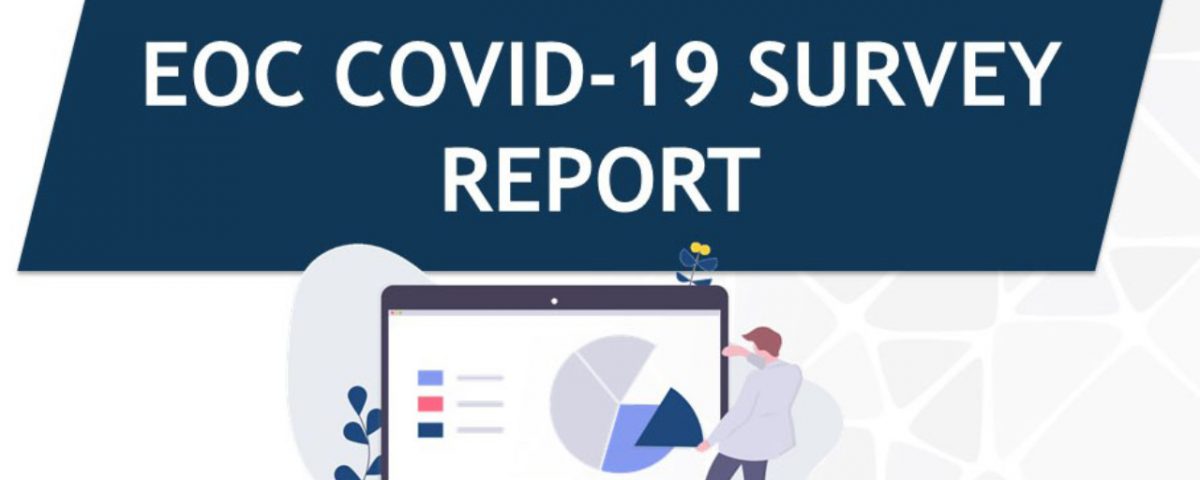
Installation of the lighting network at the Oran Stadium
April 28, 2020
China Olympic Committee donates 8000 masks to the Portugal Olympic Committee
May 2, 2020The European Olympic Committees (EOC) unveiled the results of a flagship survey aimed at assessing the impact of the current COVID-19 crisis on Olympic Movement stakeholders in Europe.
Forty-five of the 50 European National Olympic Committees (ENOCs) took part in the survey, which was conducted in collaboration with European management consulting firm Methodos Group from 6 to 14 April 2020.
The study focused on four main areas: NOC management, athletes, events and support.
Of the 90% of ENOCs that answered the questionnaire, 93.3% have had to significantly review their workplace practices as a result of the recommended health precautions to reduce the spread of COVID-19.
A total of 66.7% of participating ENOCs reported that their elite athletes were unable to use training facilities. Only 28.8% said their elite athletes were still able to use national training facilities, but only under certain circumstances. These include receiving special permission from the government or facility owner and respecting specific safety measures such as social distancing, limits of five athletes at a time, etc.
Half of the ENOCs (53%) stated they are providing their elite athletes with access to mental health services and/or access to psychologists directly through NOC services and/or recommending them to other national specialised services.
With the Olympic Games Tokyo 2020 postponed to 2021, the next steps ENOCs are planning to take include re-balancing their budgets, communicating with all stakeholders (including the International Olympic Committee (IOC), Tokyo 2020 Organising Committee and National Federations), negotiating with sponsors, suppliers and airlines, and providing athletes with the necessary support.
With regard to sponsors, a majority (86.7%) of the ENOCs stated that discussions with their partners are ongoing. Only 6.7% of sponsorship contracts have been cancelled, while 6.6% have been extended.
In relation to events scheduled from February to June 2020, for 95.6% of the ENOCs the decision to suspend sports events and/or access to facilities was made solely by the national or local authorities. The estimated financial losses for the cancellations remain unclear for 71.1% of the ENOCs.
Of the ENOCs that participated in the survey, 77.8% said their local and national governments could help sport recover from the crisis by implementing three key measures: financial assistance and tax reduction, allowing athletes to train while respecting social distancing measures, and safeguarding the health of the public.

